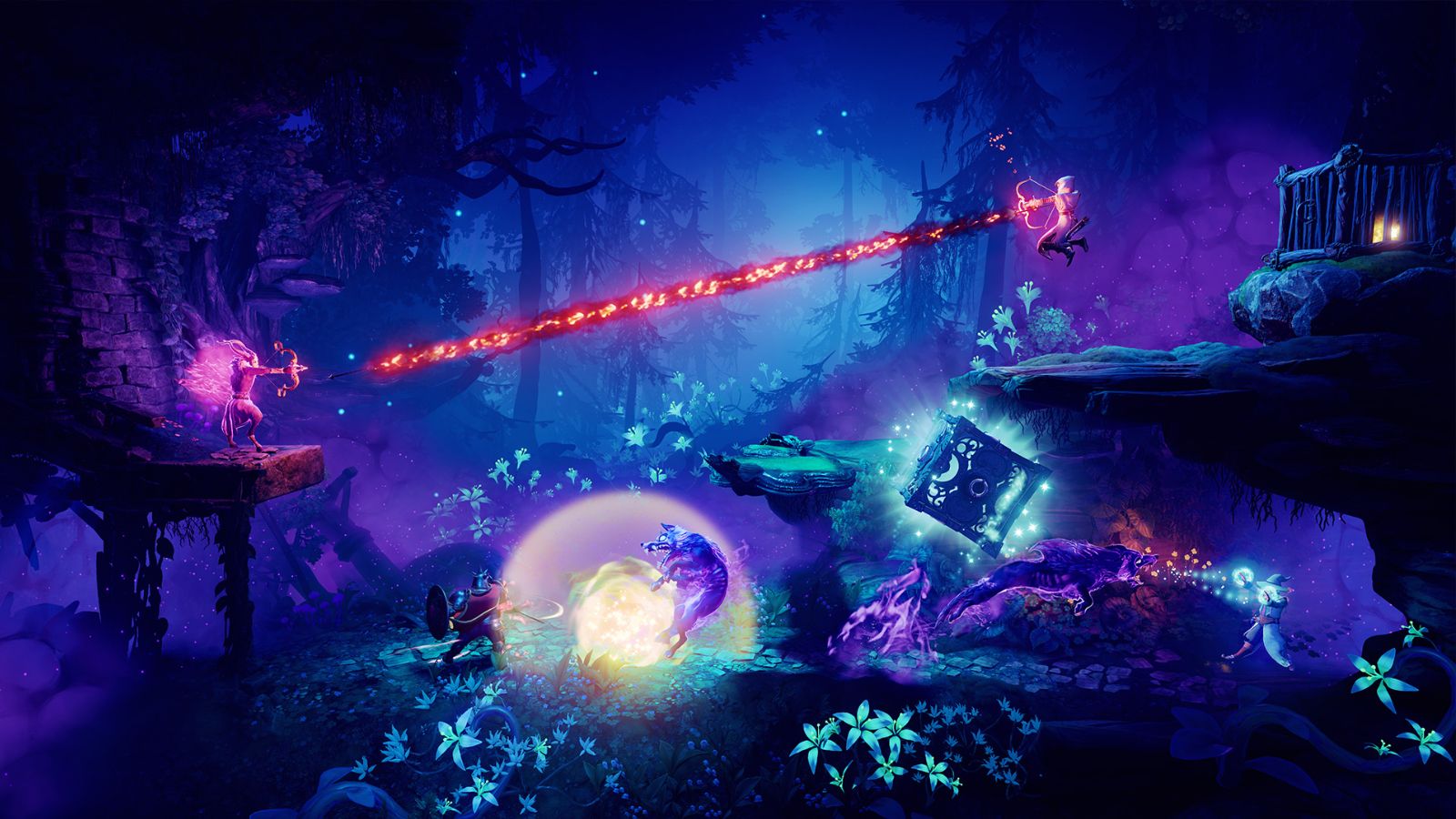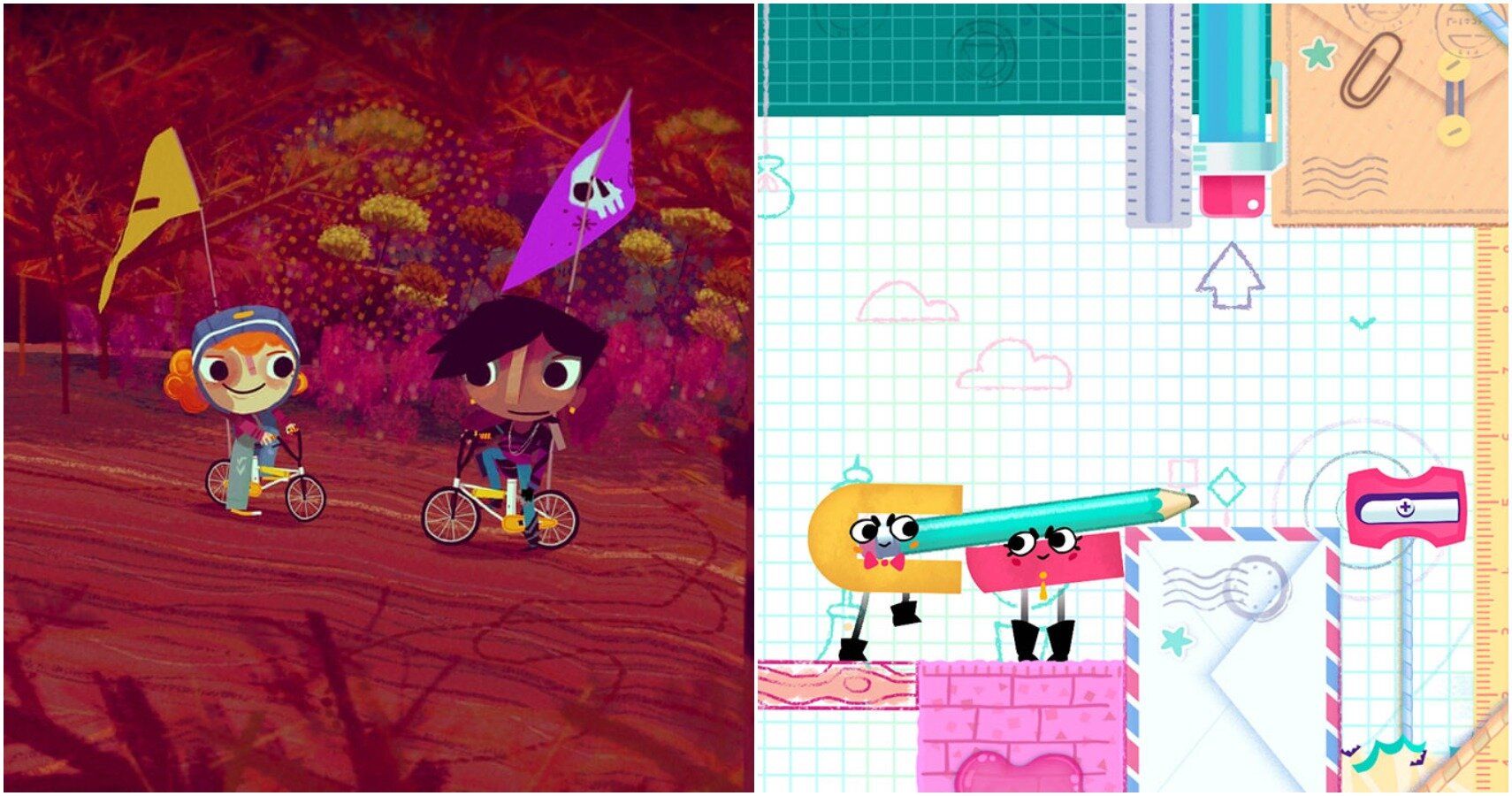Examination Your Strategic Abilities in the A Lot Of Involving Multiplayer Gamings
In the ever-evolving landscape of multiplayer gaming, critical skills are the foundation of success, providing gamers an opportunity to showcase their tactical expertise throughout various styles. From the high-stakes intensity of real-time approach face-offs to the precise preparation needed in turn-based tactical fights, each video game provides a distinct challenge that checks the limits of calculated thinking. As players take part in team-based competitors or participating experiences, the necessity of quick decision-making and collaboration comes to be apparent. What truly establishes these games apart, and just how do they push your strategic capacities past standard restrictions? The responses wait for expedition.
Real-Time Approach Showdowns
Real-time technique (RTS) face-offs have long been a cornerstone of engaging multiplayer pc gaming, fascinating players with their mix of tactical depth and hectic decision-making. These games call for gamers to take care of sources, build armies, and devise complicated techniques in real-time, typically versus equally proficient opponents. The continuous stress to adapt and outmaneuver opponents in a vibrant environment is what establishes RTS video games apart, making them a preferred amongst competitive gamers.
Among the defining attributes of RTS face-offs is the focus on multitasking and resource administration. Gamers must allot their attention throughout numerous tasks, such as collecting sources, constructing buildings, and releasing units purposefully across the battlefield. This requires quick reflexes and a severe ability to focus on activities, usually bring about intense, adrenaline-fueled matches.
Remarkable RTS games such as "StarCraft II," "Age of Empires," and "Command & Conquer" have actually left enduring marks on the style, providing varied gameplay technicians and richly thorough globes. Multiplayer puzzle games for free. These titles have cultivated specialized areas and affordable scenes, where players refine their abilities, research methods, and participate in high-stakes competitions. The attraction of RTS showdowns hinges on their ability to challenge players' strategic acumen and reflexive expertise in equivalent measure
Turn-Based Tactical Battles
These games supply gamers the chance to deliberate over each action, cultivating a chess-like setting where foresight and mindful preparation are vital. Players must anticipate their challengers' actions, adjust to evolving situations, and perform well-balanced methods to secure triumph.
Competitors involve in detailed mind video games, forecasting and countering each other's methods with accuracy. Popular games like "XCOM 2" and "Civilization VI" exhibit this gameplay, encouraging players to take into consideration every possible variable prior to devoting to a program of activity.
Moreover, turn-based tactical battles often incorporate diverse units and capacities, adding layers of intricacy to each match. Gamers have to stabilize offending maneuvers with protective strategies, take care of sources carefully, and maximize the capacity of their pressures. This category's enduring charm depends on its capability to challenge gamers' critical acumen in a managed, deliberate setup.
Cooperative Strategy Experiences
These games require gamers to work with each other in the direction of typical goals, leveraging each gamer's unique skills and strengths to get over challenges. Titles such as "Overcooked" and "Deep Rock Galactic" exemplify this category, stressing the requirement for players to synchronize their actions and techniques.

The allure of participating method experiences lies in their capability to reinforce social skills while supplying a difficult and interesting gameplay experience. These video games grow a sense of unity and common function, providing players a satisfying choice to traditional competitive gaming landscapes.
Affordable Team-Based Obstacles
Competitive team-based challenges offer a vibrant field where gamers pit their abilities versus opposing groups, stressing both private talent and smooth team sychronisation. These games need individuals to balance personal expertise with strategic collaboration, promoting a special setting where synergy is paramount. Success in such setups usually rests on the ability to connect properly, carry out tactical strategies, and adapt quickly to unfolding situations.
The compelling nature of these obstacles appears in the diverse variety of video games that offer team-based competition. Titles like "Organization of Legends," "Overwatch," and "Counter-Strike: Global Offensive" are at the forefront, each supplying distinctive gameplay technicians that demand communication and tactical acumen. In these fields, the team's performance is as crucial as the private payments of its members, making every function substantial to the total outcome.
Additionally, competitive team-based games cultivate a feeling of camaraderie and shared accomplishment. Players must discover to count on and depend on each various other, creating bonds that boost the gaming experience. The stress of dealing with awesome challengers additionally magnifies the thrill, guaranteeing that individuals are regularly tested to raise article source their calculated reasoning and gameplay execution.
Mind-Bending Puzzle Battles
While competitive team-based obstacles stress cooperation and technique, copyright challenge battles offer a different type of intellectual interaction, concentrating on private problem-solving and cognitive expertise. These video games examine the limits of logical reasoning and creative thinking, needing gamers to navigate intricate scenarios and address intricate puzzles. Unlike team-based video games, the emphasis below gets on individual success and imagination, usually under the pressure of time restrictions or escalating difficulty degrees.
Among the most interesting aspects of problem confrontations is their capability to stimulate cognitive functions. Players should exercise spatial thinking, sensible deduction, and pattern recognition. Titles such as "The Witness" and "Portal 2" act as quintessential examples, testing players with multidimensional challenges that demand deep concentration and ingenious approaches. These games not just delight yet likewise boost essential believing skills and cognitive versatility.
Furthermore, multiplayer puzzle games present an one-upmanship by permitting players to match their analytical abilities versus others. Games like "Keep Chatting and No one Explodes" need players to interact efficiently to resolve problems cooperatively, mixing the adventure of competition with the complete satisfaction of collective achievement. Ultimately, these games offer an enriching experience, sharpening calculated thinking in a distinctively interesting atmosphere.
Final Thought
In final thought, the diverse selection of multiplayer video games offers a remarkable platform for developing calculated skills throughout various genres. Cooperative technique experiences such as "Deep Rock Galactic" highlight synergy and cooperation, whereas affordable team-based difficulties, including "Organization of Legends," need coordination and flexibility - Multiplayer puzzle games for free.
These video games need gamers to manage click over here resources, develop militaries, and develop complex strategies in real-time, frequently against equally knowledgeable challengers. These games require players to work together towards usual objectives, leveraging each player's unique abilities and staminas to get rid of obstacles.In cooperative strategy games, players typically think duties with particular duties, necessitating a deep understanding of their very own capacities as well as those of their colleagues. The dynamic nature of these games demands flexibility, as gamers should change their approaches in real-time to fit advancing scenarios.
